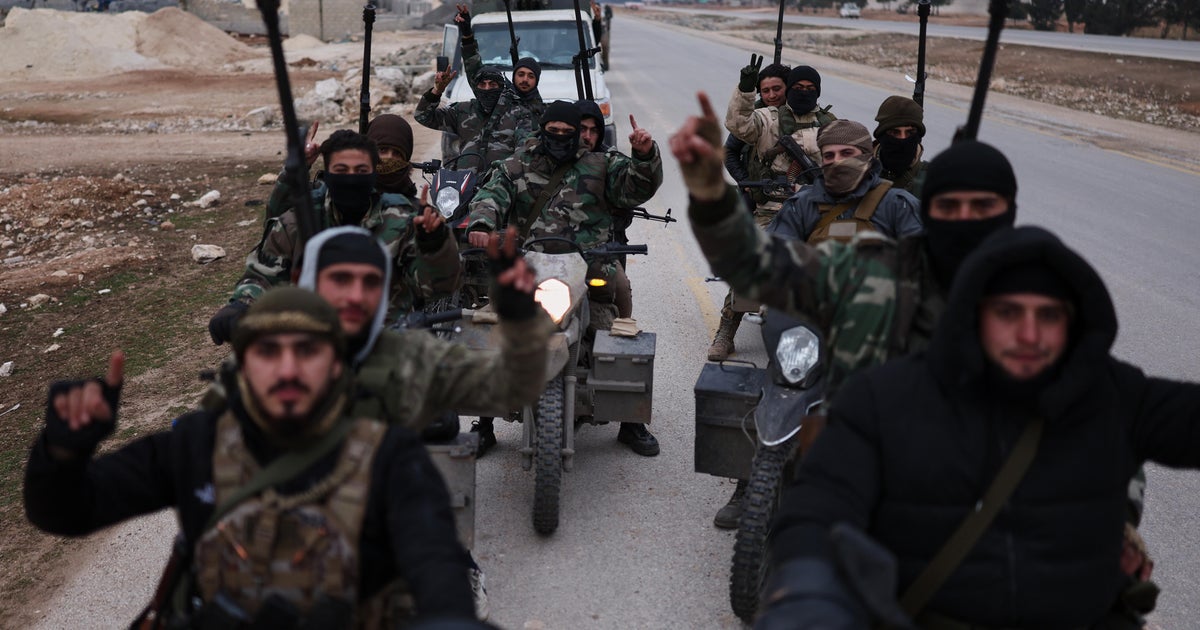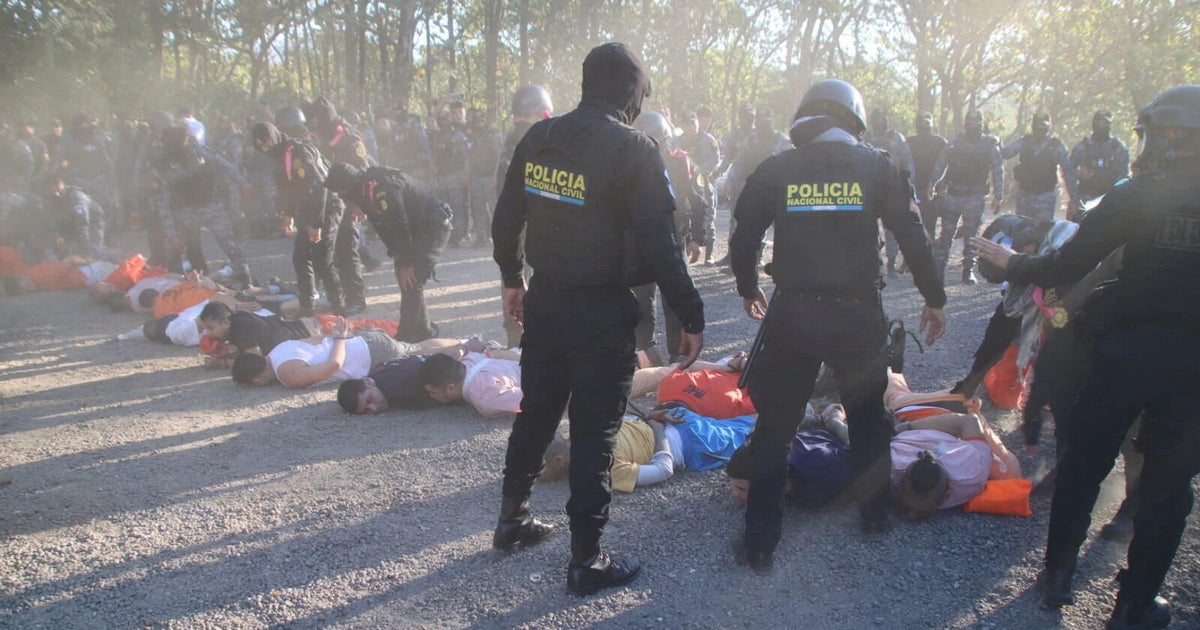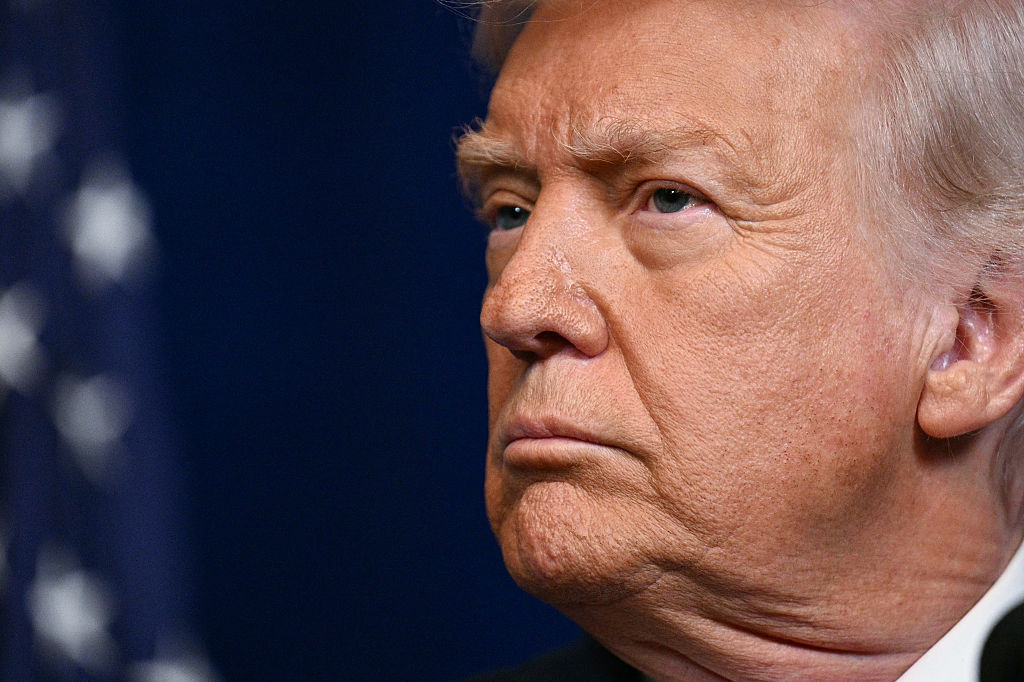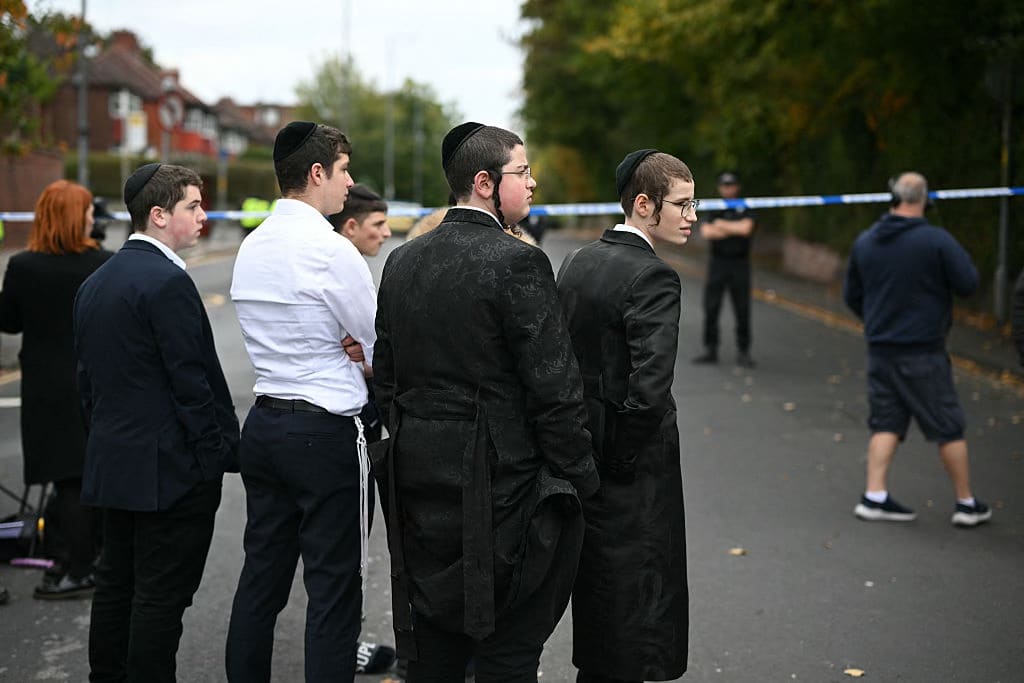U.N. experts say Syria is responsible for April chemical attack
UNITED NATIONS -- United Nations experts and a chemical weapons watchdog announced Thursday that Assad's government is responsible for the sarin attack in April that killed over 90 people.
Nikki Haley, the U.S. ambassador to the U.N., said in a statement that Thursday's report "confirms what we have long known to be true." In retaliation for the sarin attack, the U.S. launched a cruise missile strike against a Syrian airfield where the chemical weapons were launched.
"The Security Council must send a clear message that the use of chemical weapons by anyone will not be tolerated, and must fully support the work of the impartial investigator," Haley said. "Countries that fail to do so are no better than the dictators or terrorists who use these terrible weapons."
A copy of the report has been obtained by CBS News. The 33-page, highly-technical report, says the "leadership panel is confident that the Syrian Arab Republic is responsible for the release of sarin at Khan Shaykhun."
The inspectors of the Joint Investigative Mechanism (JIM), who were unable to visit Khan Shaykun, based their findings on "sufficient credible and reliable evidence" of Syrian aircraft that dropped munitions, the crater that was caused by the impact of the aerial bombing, interviews with victims, and their finding that sarin identified in the samples taken from Khan Shaykhun was most likely been made with a precursor (DF) from the original stockpile of the Syrian Arab Republic.
An earlier report released by the OPCW Fact-Finding Mission (FFM) confirmed that people were exposed to a chemical weapon called sarin in April 2017 in the Khan Sheikhoun-area, an attack that horrified the world with visual images of children and infants gasping for breath.
Meanwhile, U.S. Secretary of State Rex Tillerson declared Thursday "the reign of the Assad family is coming to an end," indicating the brutal dictatorship of Syrian President Bashar al-Assad is coming to an end.
Tillerson, in Geneva, met with the Syria's envoy to the U.N., Staffan de Mistura on Thursday. Tillerson described the meeting as "fruitful."
Adding that the U.S. wants to see a whole and unified Syria, he said, "With ISIS on the brink of defeat, we continue our efforts to de-escalate the violence in Syria and support the Geneva process called for under U.N.Security Council Resolution 2254 to allow the Syrian people to chart a new political course."
On the "de-escalation" zones, Russia has worked cooperatively with Western powers, diplomats say.
De Mistura briefed the U.N. Security Council on Thursday, announcing the next round of talks will be on Nov. 28, saying that he sees the Islamic State (ISISI) "retreating into the desert and launching brutal asymmetric attacks in and near Damascus," adding that without a political process and talks "there is a real threat" that ISIS could return. That political process, including negotiation on a constitution and elections, is the goal of the talks to end the over-six-year civil war that has left 400,000 dead and 11 million displaced.
Assad is in Moscow to discuss the next round of talks.
At the U.N. on Thursday, Russia's U.N. Ambassador Vassily Nebenzia told reporters "We are hopeful for Geneva (talks), we support it to be productive."
But, on the chemical weapons investigations, he added, "We can meaningfully negotiate the renewal of the renewal of the JIM (the Joint Investigative Mechanism) after we have seen the report."
Asked if he wants to change the mandate of the investigators, he said, "That's possible, we might come to that too."
Relations between the U.S. and Russia at the U.N. are at record lows when it comes to next steps on Syria, most visible earlier this week, when Russia vetoed a U.N. Security Council vote on a U.S.-sponsored resolution to extend the mandate of chemical weapons inspectors in Syria.





